St. Bernard
Showing all 7 results
iHeartDogs is Your #1 Source for St. Bernard Lover Gifts – St. Bernard Shirts, St. Bernard Sweatshirts, St. Bernard Mugs, St. Bernard Jewelry, St. Bernard Memorial Products & More!
Each Purchase Helps Provides Donated Food to Shelter Dogs!
Since 2013, iHeartDogs has supported rescues and shelters through each purchase in our St. Bernard gifts store. Shop st. bernard t-shirts for him, st. bernard shirts for her, st. bernard mugs, st. bernard hoodies & sweaters, st. bernard jewelry, and st. bernard pet memorial gifts.
In our iHeartDogs Dog Health Supplements store, you’ll find Hip & joint supplements for your st. bernard, st. bernard probiotics, CBD for st. bernards, st. bernard allergy supplements & fish oil, and st. bernard dental chews & cleaners.
With the cost of veterinarian care skyrocketing, make sure you compare pet insurance plans for your st. bernard. In recent years, many new pet insurance companies have entered the market and pet insurance for your st. bernard has become more affordable.
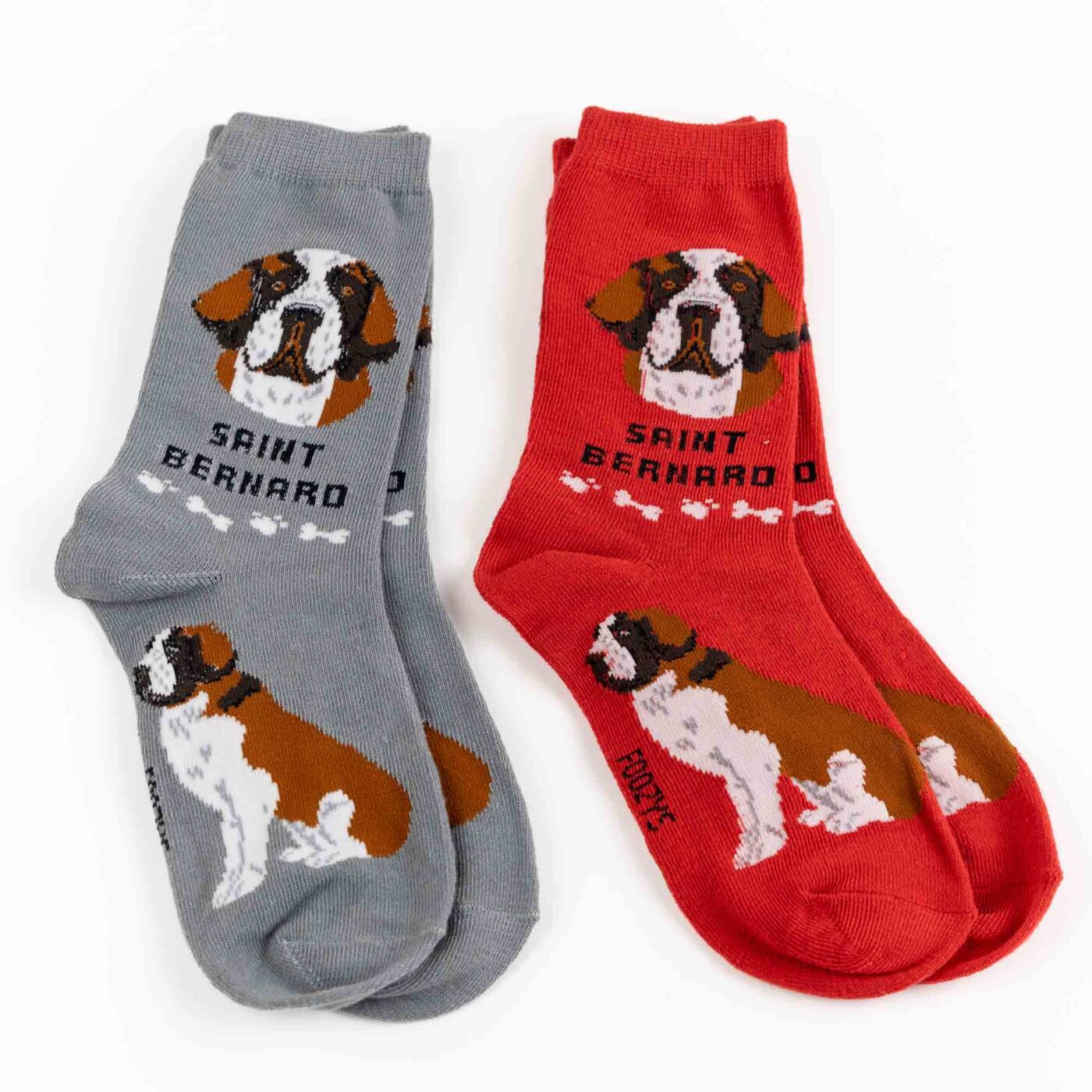


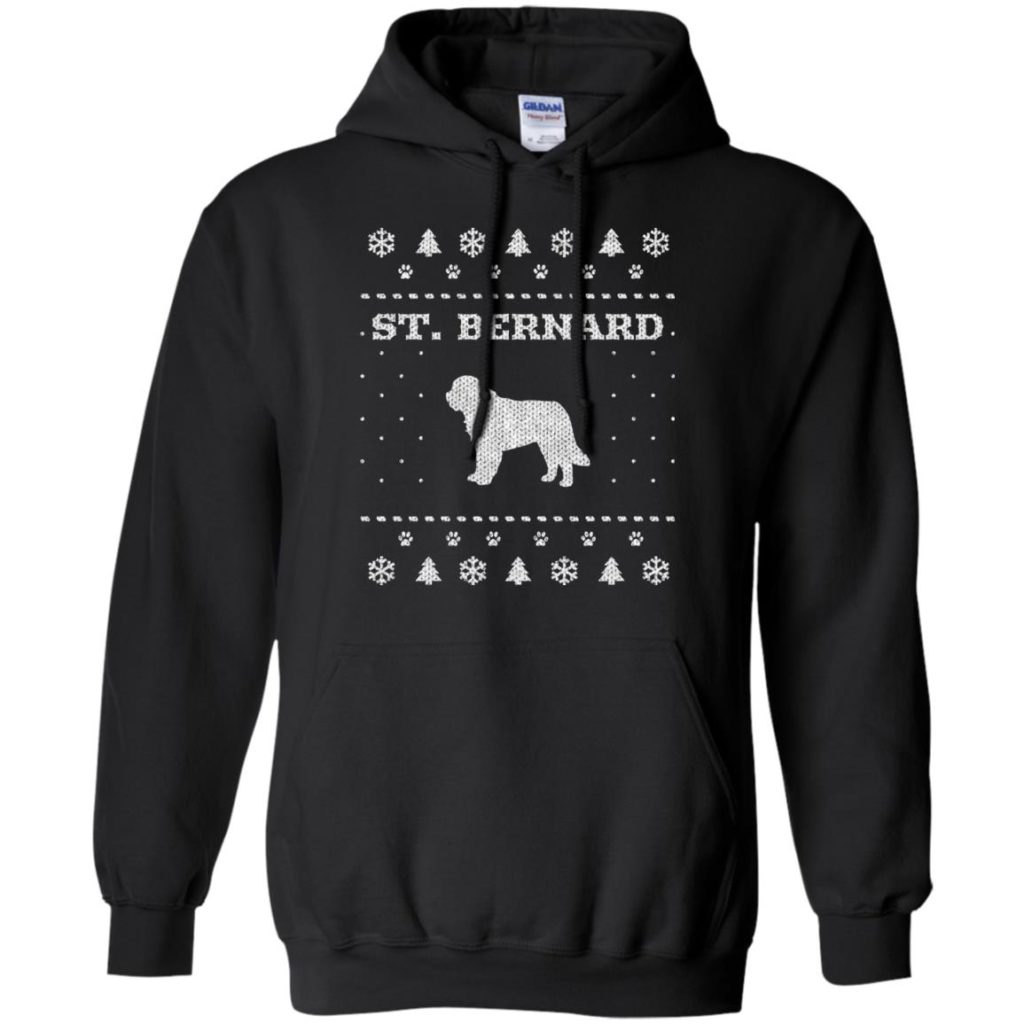




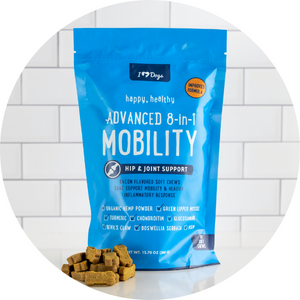






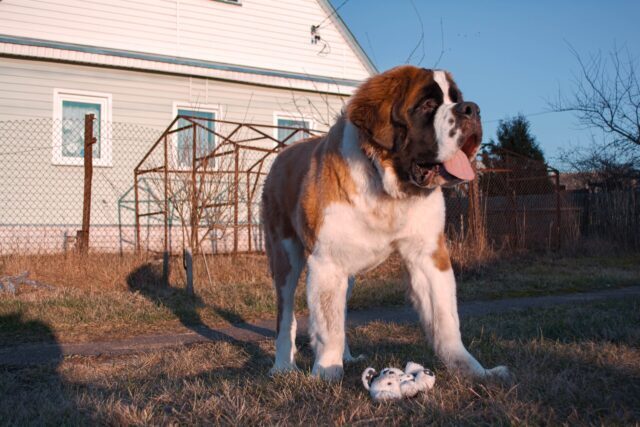



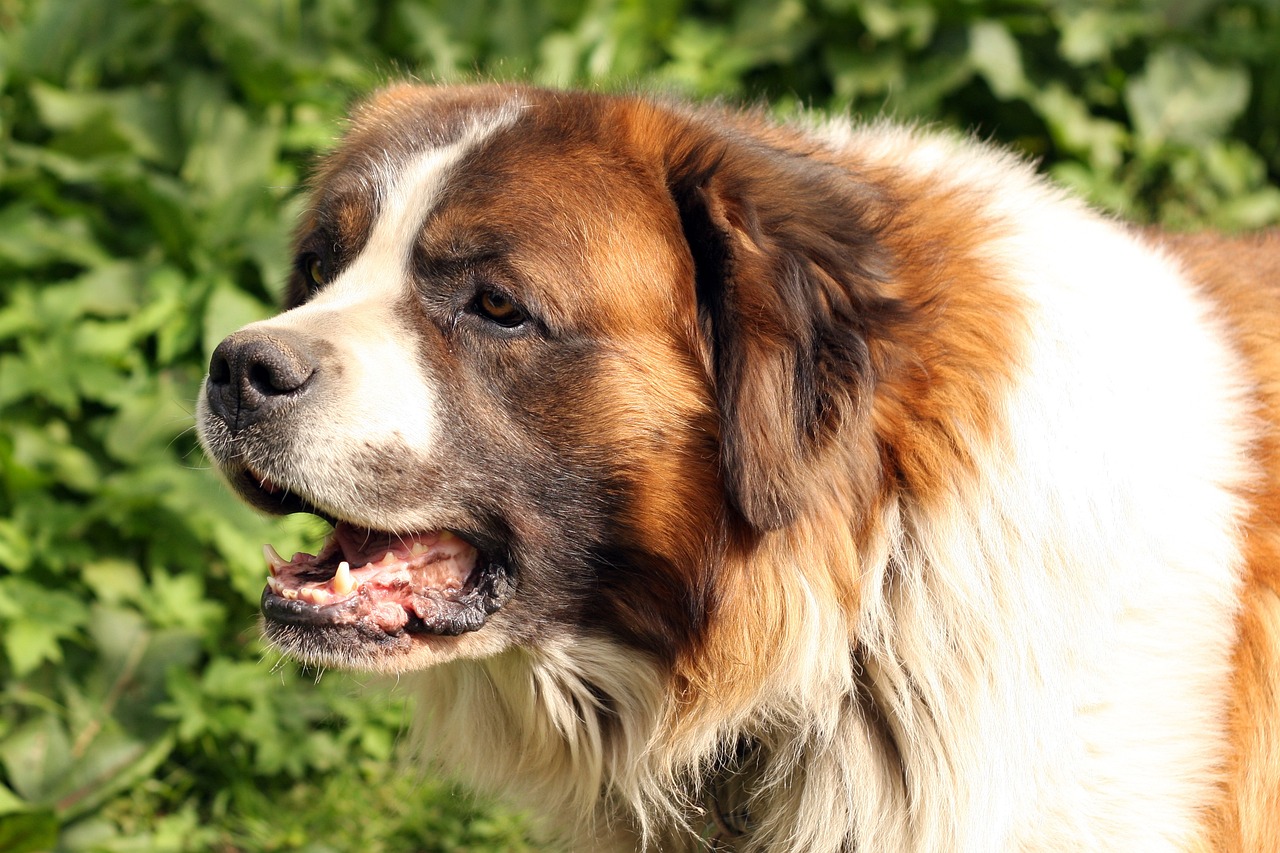


![Cost of a St. Bernard Puppy by US Region [2024]](https://iheartdogs.com/wp-content/uploads/2023/10/siddharth-shah-84Xee3ZVrvc-unsplash-scaled.jpg)

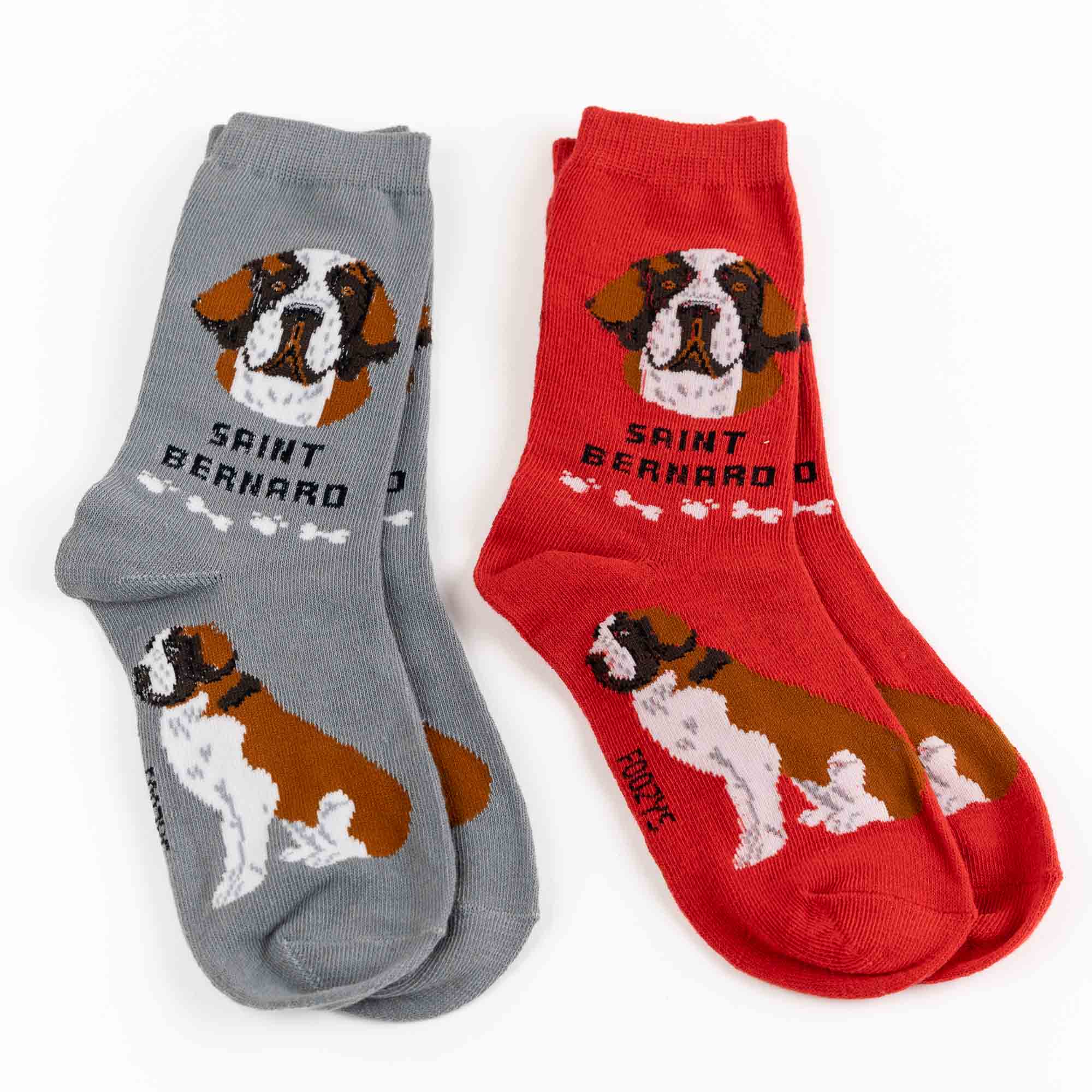


 Toledo, United States.
Toledo, United States.